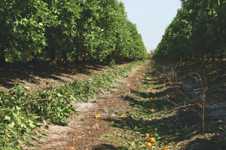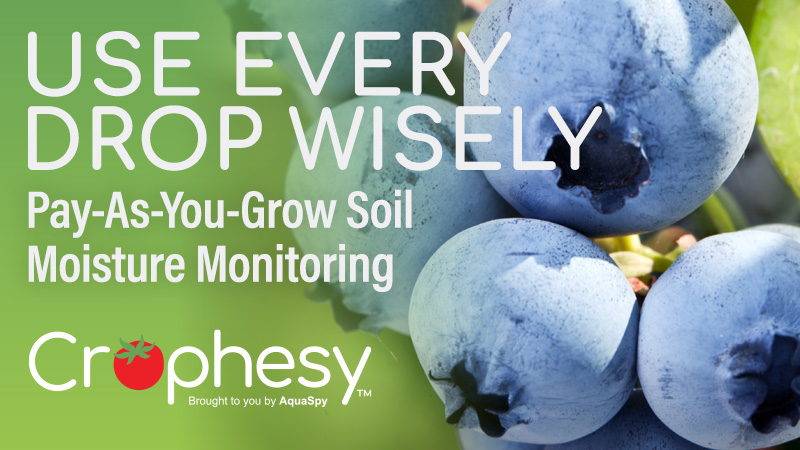Mechanical Harvesting: A Trashy Business?

There has been an ongoing debate within the citrus industry about the amount of trash — leaves, branches, and other debris — in harvested fruit loads. Getting rid of this trash is an important problem for processing plants. The question is: Is this unwanted trash increased or decreased by mechanical harvesting? On one side of the debate are the mechanical harvesters, who want to believe that mechanically harvested loads do not have any more trash than hand harvested loads. On the other side are the processors, who complain that trash has recently become a more expensive problem that might be related to mechanical harvesting.
There is no doubt that mechanical harvesting machines can remove more than fruit from a tree. All you have to do is walk down a row behind a machine. There is a wealth of IFAS data that indicates that the removal of leaves and stems by mechanical harvesting does not significantly harm the tree. The real question is whether or not more of this material ends up in the final load that is delivered to the processor. What kind of debris is being delivered?
Dealing with leaves and small stems attached to fruit are nothing new to processors. This material is present in abundance in hand harvested loads and the processors are well equipped to separate and dispose of it — though they prefer not to have to. However, mechanical harvesters have the potential to deliver larger volumes of leaves, and large stems and branches that increase costs and are potentially very damaging to processing machinery.
So what? Let the processors deal with it, right? The processors argue that if mechanically harvested loads have more debris, then as more of the industry moves to this new technology the cost of processing will increase. Debris damaged machinery shuts down lines at the processor.
The Costs
The costs are not just on the processors’ end. To the grower, debris is wasted money because less fruit is delivered in each load. Every pound of debris is one less pound of fruit in that load. These costs must be paid by someone. Will it be the processor, the grower, or the consumer?
Is there really more total debris — and specifically more potentially damaging debris — in mechanically harvested vs. hand harvested loads? This question will be addressed by IFAS researchers beginning the 2007-2008 harvesting season. If we find out that mechanical harvesting puts more trash in trailer loads, the upcoming registration and use of an abscission agent to loosen fruit for mechanical harvesting has the potential to reduce debris to levels even below that of hand harvested loads.
Fruit harvested after the application of an abscission agent separates easily from the stem. Even hand harvested fruit have stems attached that need to be removed using de-stemmers. Thus, abscission agents will reduce trash in both hand and mechanically harvested loads. Looser fruit also allows less aggressive shaking, so fewer leaves and large diameter stems may be removed. And what isn’t removed from the tree can’t be delivered to the processor.
The successful registration and use of an abscission agent will not only promote the widespread adoption and success of machine harvesting, but it just might help mechanical harvesting lose its trashy reputation.









